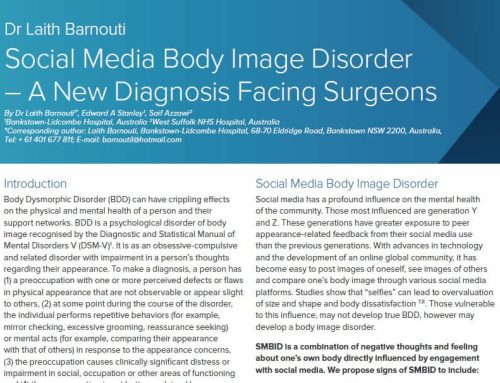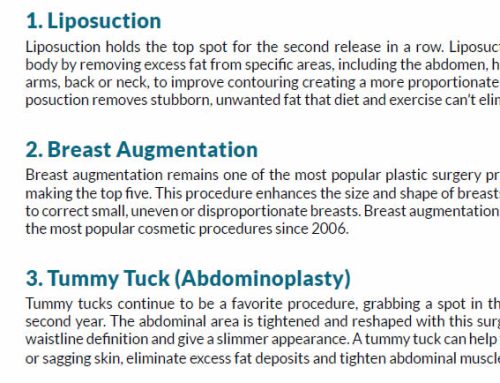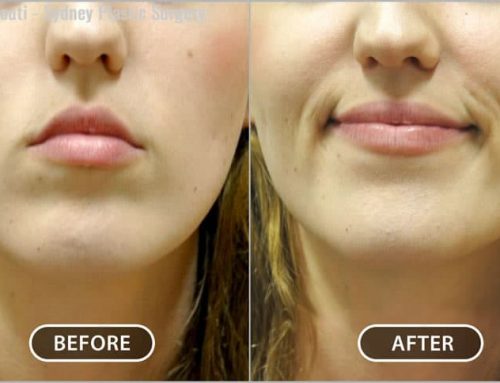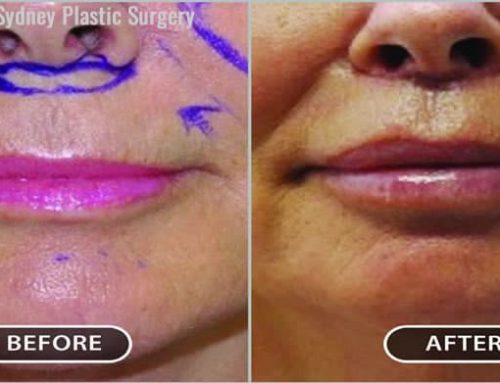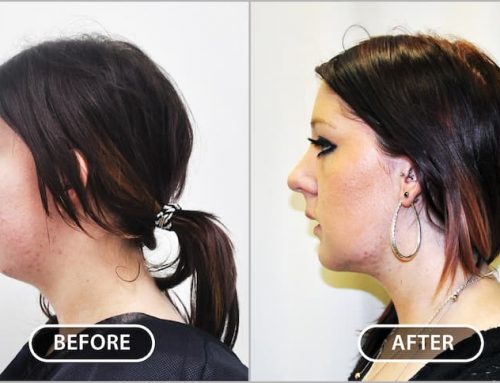The dangers of plastic surgery overseas
You may know it as cosmetic surgery tourism or even heard it referred to as a “holiday with the girls to get some work done”. The sun, beach, pool side recovery and cheaper costs make it seem like an attractive option to many however there are many risks involved with travelling overseas for cosmetic surgery.
If you are thinking of going overseas for plastic surgery please take into account the warnings below from The Australian Society of Plastic Surgeons (ASPS) and The British Association of Plastic, Reconstructive and Aesthetic Surgeons (BAPRAS).
The Australian Society of Plastic Surgeons (ASPS) is strongly advising all Australians to think twice before travelling overseas for cosmetic surgery with a survey showing the number of Australians returning home with complications is on the rise.1
The British Association of Plastic, Reconstructive and Aesthetic Surgeons 2 (BAPRAS) echoes these thoughts and has issued a warning to patients travelling abroad for cosmetic surgery due to the potential for increased frequency of complications and poorer aftercare.
They issued this warning following the key findings of a report by the University of Leeds which found that:
- Cosmetic surgery industry abroad is unevenly regulated and poorly documented.
- The complication rate for people undergoing cosmetic surgery abroad is high at 16.5% of those surveyed.
- 8.7% of patients surveyed required further treatment once at home.
- Patients find legal redress difficult to access if surgery goes wrong
- Cosmetic surgery tourists seek surgery overseas with cost-saving in mind
In a survey conducted by the ASPS, the most common kind of surgery conducted overseas requiring corrective treatment was breast surgery (representing 68 per cent of all revision procedures), followed by facial surgery (15 per cent), abdomen revisions (8 percent), body contouring (5 per cent) and ear revisions (0.5 per cent).
Personally, in my surgery I have seen firsthand patients who have required revision treatment following overseas cosmetic surgery. When post-operative care has not been adequate, infections are the most common complications including unsightly scars and unsatisfactory results.
If you are considering plastic surgery overseas it is recommended that you need to know:
- Is your surgeon a member of the International Society of Aesthetic Plastic Surgery? This means they have some form of recognized qualification.
- What is the surgeon’s experience and qualifications?
- Are the medical standards of care and quality control requirements at least as good as those in Australia?
- Do you know whether or not devices and products used in overseas hospitals meet Australian standards? An implant used in Australia must meet strict standards of safety and effectiveness, a process regulated by the TGA. Other countries may not have similar regulations.
- Have you got a plan for what you will do in the case of post-operative problems?
As a member of the Australian Society of Plastic Surgeons I am fully trained and qualified in plastic surgery, operate only in accredited surgical facilities, adhere to a strict code of ethics and regularly attend continuing medical education courses.
If you have any questions please call Sydney Plastic Surgery on 1300 002 006 or 02-9561 0222 or email Doctor Laith Barnouti at drbarnouti@plasticsurgery-sydney.com.au if you want to know more about cosmetic surgery overseas or any other cosmetic surgery procedures.
- “Botched Cosmetic Tourism Cases On The Rise” Australian Society of Plastic Surgeons, November 2011
- “BAPRAS warns patients of risks of travelling abroad for cosmetic surgery” The Voice of Plastic Surgery, 9th July 2013

